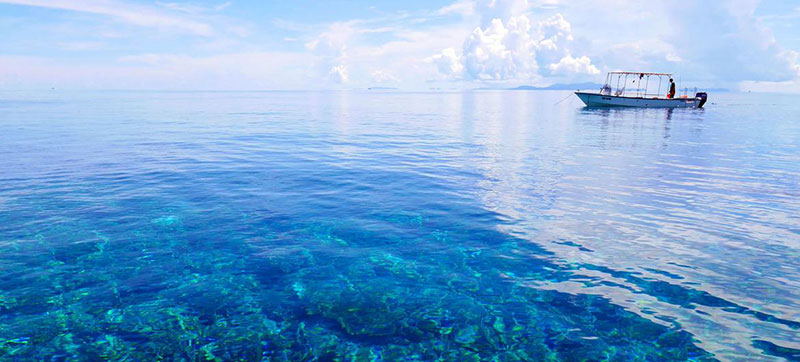 unesco
unesco
Teaching key to better ocean protection, says UNESCO chief
New York: Education needs to be one of the key pillars for action by countries across the world to better protect the seas and oceans from damaging climate change, said the head of the UN Scientific, Educational, and Cultural Organization (UNESCO) on Thursday.
“If we want to protect the ocean better, we must teach it better”, said Audrey Azoulay, UNESCO’s Director-General, speaking at the One Ocean Summit, taking place in the French city of Brest.
Setting it as a common objective for UNESCO’s 193 Member States, she asked them to include ocean education in school curricula by 2025.
To achieve the goal, the United Nations agency is making available to public decision-makers a toolkit with a shared reference framework of educational content on the subject.
The step will allow all countries to be in an “equal position to quickly place the ocean at the heart of teaching and increase students’ knowledge in this area, so that they become responsible and committed citizens”, added Stefania Giannini, UNESCO’s Assistant Director-General in charge of education.
Tools and good practices
The new educational tools provided by UNESCO reflect the conviction that the way society interacts with the ocean, needs to change in order to achieve a more sustainable model.
In its reference tool, UNESCO highlights the good practices of Member States already working on ocean education, such as Brazil, Canada, Costa Rica, Kenya, Portugal and Sweden.
The results achieved by these countries have been presented by the agency in the form of case studies, as well as the opportunities and challenges met when seeking to include ocean knowledge in a structured way in the curriculum.
Traditional skills and knowledge
“Ocean education should not only involve the transmission of scientific knowledge and awareness of contemporary issues; it should also promote traditional skills and knowledge, such as those protected by the 2003 Convention on Intangible Cultural Heritage, which promotes ancestral fishing techniques, for example”, UNESCO reiterated in the press release.
The new toolkit leaves it to Member States and regions to adapt the “theory of change” to their specific practices, situations and needs.
The agency aims to monitor the implementation of this objective by its 193 Member States, with a first progress report planned for COP27, which will be held in November 2022 in Egypt.
UNESCO and the ocean
UNESCO is leading the United Nations Decade of Ocean Sciences for Sustainable Development (2021 to 2030), which this year will see the organization of several major international summits to promote ocean health.
At the same time, UNESCO has launched a campaign to empower concerned citizens to join the Generation Ocean global movement.
The idea is to use transformative storytelling, to connect citizens with more knowledge and drive action to restore, protect, and live better with the ocean.
Later this year, Portugal will be hosting the UN Ocean Conference, which will seek to propel much needed science-based innovative solutions aimed at starting a new chapter of global ocean action.
Support Our Journalism
We cannot do without you.. your contribution supports unbiased journalism
IBNS is not driven by any ism- not wokeism, not racism, not skewed secularism, not hyper right-wing or left liberal ideals, nor by any hardline religious beliefs or hyper nationalism. We want to serve you good old objective news, as they are. We do not judge or preach. We let people decide for themselves. We only try to present factual and well-sourced news.






